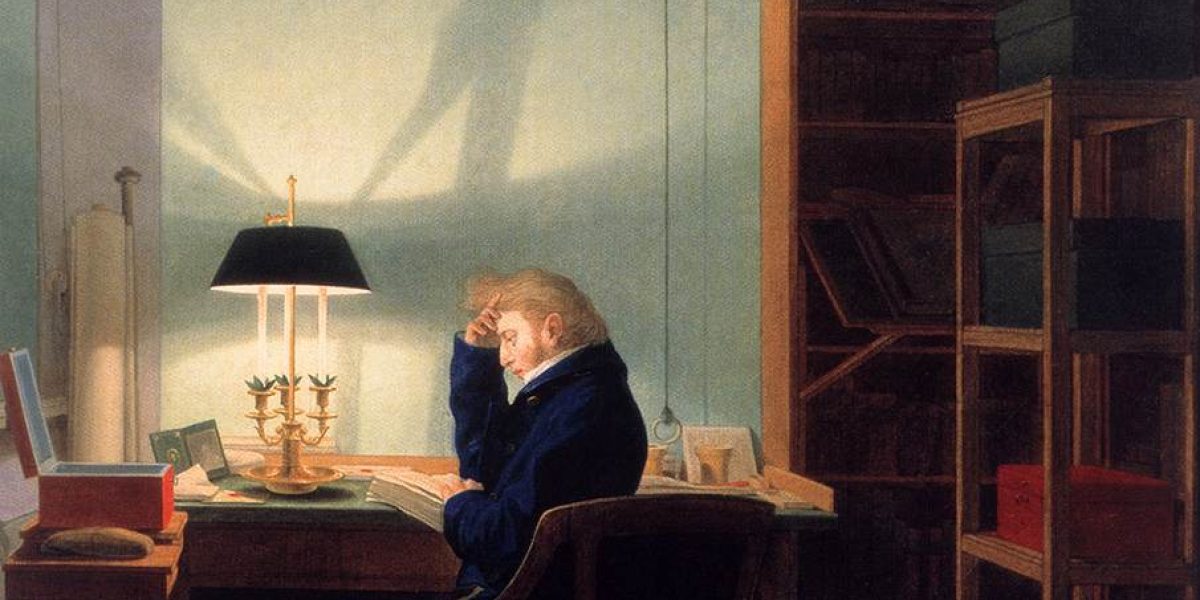Philosophy and Literature on Moral Sense

Faculty:
Course Schedule:
July 8 – August 9, 2024 | Monday/Friday 10:10 AM – 12:30 PM EDT
Professor: Garris Rogonyan
Subject: PHIL
Course Level: 200
Number of Bard Credits: 1
Course Title: Philosophy and Literature on Moral Sense
Max Enrollment: 22
Schedule: July 8 – August 9, Monday Friday 10:10 am – 12:30 pm EDT (4:10 PM – 5:30 PM CET/Berlin)
Language of Instruction: Russian
It is commonly believed that all moral problems boil down to the question of how we should behave towards other people, as well as towards ourselves. The leading role in the solution of these problems is usually assigned to reason. However, more recently, moral reasoning has begun to emphasize not the abstract prescriptions of reason, but human “passions,” such as shame, love, friendship, cruelty, and so on. For example, shame, being the immediate cause of moral behavior, suggests no gulf between moral precepts and the real life of the individual. Feeling ashamed is not a prescription or a rule – it directly causes us to avoid one kind of behavior in favor of another. But the same can be said about love or friendship. In other words, today’s philosophers suggest that ideas about moral duty are a direct result of our emotional relationship with others.
Similarly, morality is not something to which our emotions and feelings should be subjected, but a proper realization of those emotions and feelings. It is not surprising, therefore, that reflection on the nature of our moral obligations often draws on examples from fiction, which seeks not so much to subject our lives to certain principles as to capture its most characteristic features.
In this course, we will study the works of such philosophers as Bernard Williams, Stanley Cavell, Cora Diamond, Harry Frankfurt, Alexander Nehamas, Martha Nussbaum and Richard Rorty. We will also examine literary works such as Homer’s ‘Iliad’, Shakespeare’s ‘King Lear’, plays like Samuel Beckett’s ‘Endgame’ and Yasmina Reza’s ‘ART’, and novels by Vladimir Nabokov, George Orwell, and J. M. Coetzee. Also, through an analysis of literary works from this period, we will explore how sentimental education helped to shape the modern conception of human rights and its emphasis on human dignity and equality.
Guidelines for the Statement of Purpose:
Craft a reflective statement of purpose explaining your interest in the Smolny Beyond Borders online course. The file should be saved with your name and course title as the filename and uploaded accordingly. Your statement’s clarity and substance will significantly influence our selection. Convey your motivations and aspirations for this course succinctly but thoroughly. Kindly write your statement in the course’s Language of Instruction.
Application Portal Instructions:
1) Use the Latin alphabet for all entries on the portal, including your name. If the Language of Instruction is Russian, you may use Cyrillic only within the Statement of Purpose file, and the title of the file should still be in English.
2) Refrain from using email addresses associated with Russian or Belarusian educational institutions.
3) While completing the “Required Information” section, ensure you fill in the “Province” field for your address.
4) Provide an address outside Russia or Belarus in both the “Required Information” and “Geographic Location Confirmation” sections of the “Online Course Application”. This ensures we can send your transcript.
5) You must press the “Sign” button twice during the application.
6) If you hold a bachelor’s degree, select “4th+” in the “Academic Year (online)” section.
7) Applicants either unaffiliated or affiliated with educational institutions in Russia and Belarus should list ‘Smolny Beyond Borders’ as their educational institution.
8) In the student ID section, enter ‘SBB’.
9) Consider drafting your motivation letter ahead of time. Save it as a separate file with this format: LastName_FirstName_CourseTitle for a smoother application process.